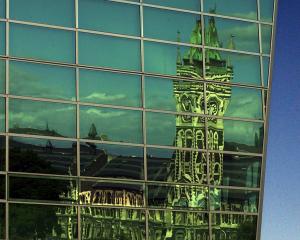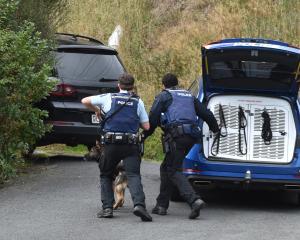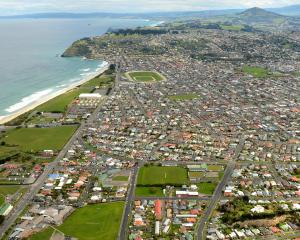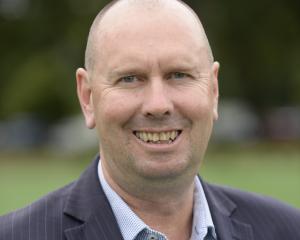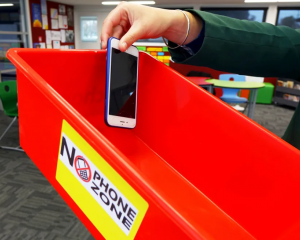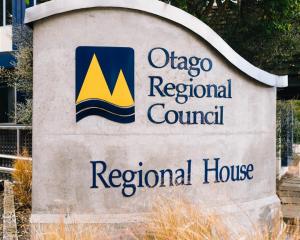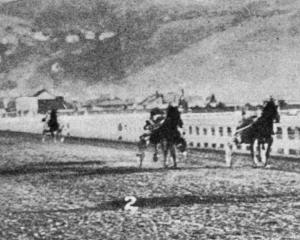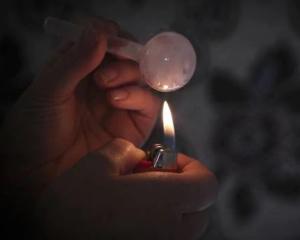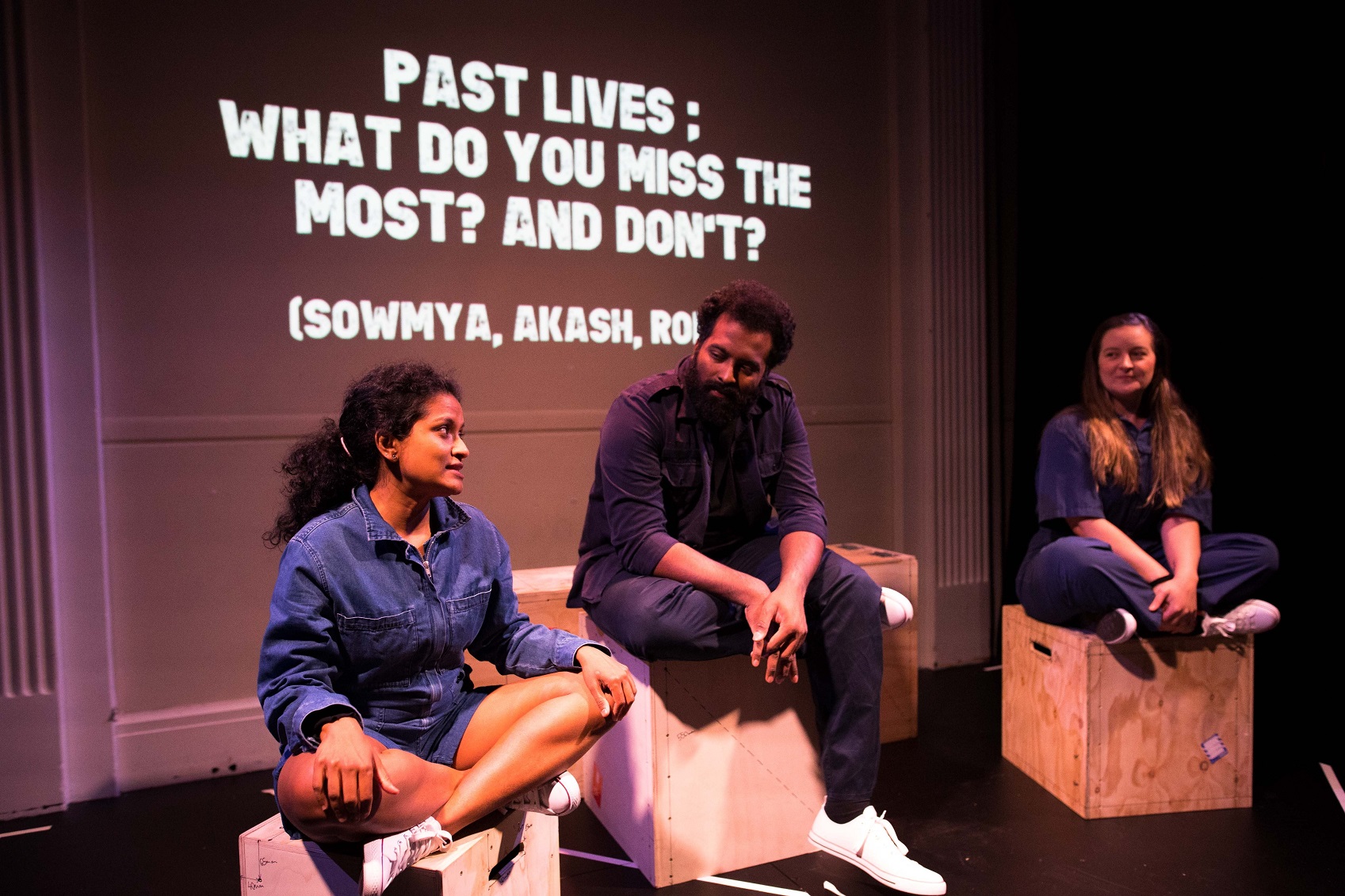

She came to New Zealand in 2018 when her home country of Chile was experiencing significant social unrest. That experience of trying to settle without speaking English has driven her to highlight the issues migrants face in New Zealand.
"I always knew I wanted to do something with all I witnessed during those years," Meneses said.
The perfect opportunity arose during her master of fine arts course at Victoria University of Wellington last year. Meneses was a professional actress in Chile and had always wanted to do further study.
"So I pitched the idea to my MFA director about doing a documentary theatre piece showing real stories."
To do so, she was required to get ethics approval for the human research. That allowed her to interview more than 30 immigrants on work visas who had English as a second language. She asked about why they came to New Zealand, the challenges they faced and what if any positive or negative experiences they had.
"That was important to me as I believe migrating to a place where you do not speak the language is a whole different experience than if you speak the local language."
Volunteers from India, Philippines, China, South America and Indonesia came forward to be interviewed face to face and through anonymous online surveys. Their stories were recorded and then turned into spoken word for the theatre.
"That was my main motivation at the beginning but I wanted to go outside my own experience and reach more people to see if their experience was kind of similar or not."
After transcribing the interviews, Meneses discovered most were driven to move by the same motivation, quality of life — just like herself. She decided to stay and apply for residency because of the quality of life she has here.
For the first three years she lived in Te Anau, near a friend of her sister, learning English while working as a waitress.
"It’s something everybody mentioned because of how safe they feel here, how they can earn more than they can back home. The second discovery was most had good experiences here but they know New Zealand is not perfect."
Immigration policies and settings were one of the most mentioned challenges, especially the problems with their visas being attached to one place of work.
"I think in that relationship you can find a lot of challenges and issues that the workers need to say.
"One of the interviewees had a migrant exploitation [protection] work visa — I didn’t even know that existed.
"She told us how mistreated and exploited she was at work, she was a cleaner — it’s crazy to think in this place you wouldn’t think these things happen but they really do.
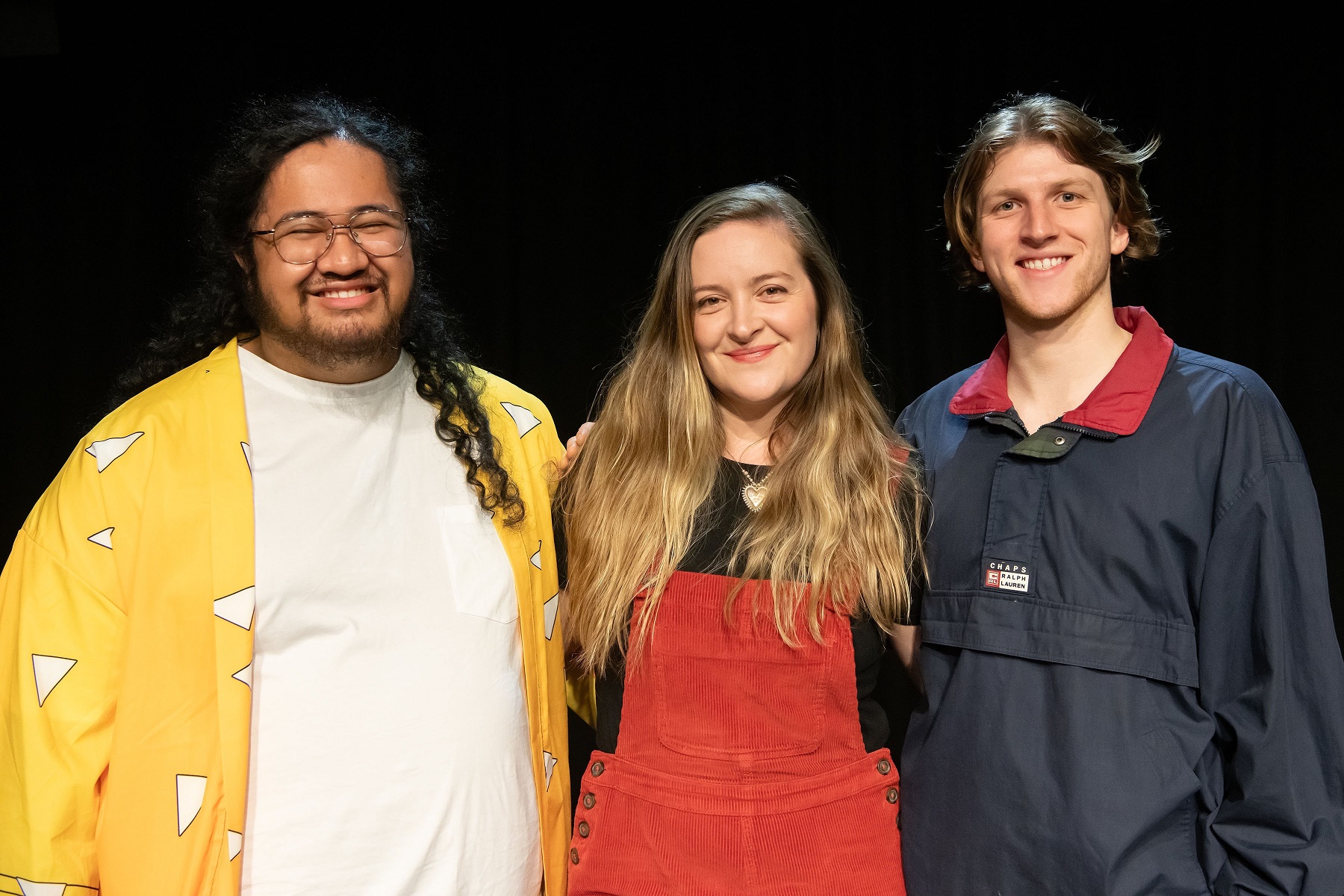
She decided to break the piece down into three "episodes" starting with the reasons the migrants left their home countries, then moving to the challenges they face in New Zealand and then thirdly, whether they are "in or out" — are they staying permanently or going home.
The actors, who comprise Meneses herself and Akash Saravanan and Sowmya Hiremath, who are from India and are theatre novices, speak the migrants’ words verbatim mixed with some scenes which are testimonial and others that are dramatisations.
"I felt most verbatim shows that I’ve seen are mostly monologues and I didn’t want that. I wanted it to be more dynamic, to experience people’s stories in the moment. So that is why some of the scenes are in the present — we are those characters, performing it, telling the story."
She says they are very up front with the audience about what is true and what is fiction. She also includes audio of the real interviews and voice-overs as well as video to help keep the story thread going.
"There are 13 different stories and we go in and out of those stories. Each segment has an element of documentary, a video or voice-over from real interviewees."
To help bring the project to fruition, she called on fellow MFA student Tom Smith, an ex-Dunedin Otago Boys’ High pupil, to produce. He wanted to do some producing and production management so jumped at the opportunity even though he was writing his own play for the programme.
"It’s exciting for me to bring some art down to where I came from. I love telling interesting and different stories."
Smith, who moved to Wellington to study drama after leaving school, says in the first and sell-out season at Bats Theatre of the show in February, audiences were quite shocked by what they heard.
"Anyone who calls New Zealand home should see this."
Meneses, who found her own New Zealand experience improved greatly once she learned English, agreed. She had people come up to her afterward saying they had no idea this sort of thing happened in New Zealand.
"I wanted to make a show that was informative for Kiwis but also that immigrants reflect themselves in the show — that was one of the biggest achievements."
They hope to tour the show as much as they can.
"Dunedin is our first stop of many, hopefully."

